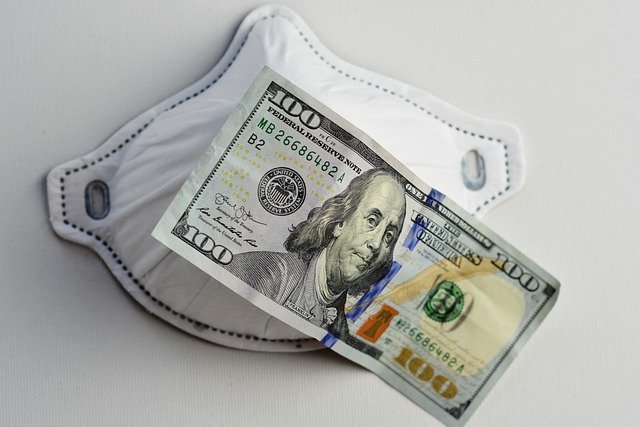The COVID-19 pandemic has upended the financial lives of millions — and continues to do so. But as state economies slowly reopen, now is the time to begin preparing personal finances for a post-coronavirus world.
“Trying to predict the future is folly,” said Michael Sullivan, a personal financial consultant with Take Charge America, a national nonprofit credit counseling and debt management agency. “While we may not know what tomorrow will bring, the country is slowly reopening — and that requires a reassessment and plan for our finances. Being proactive ensures we are better prepared for what comes — even if we don’t know what it may be.”
Sullivan shares several steps to prepare finances for a post-coronavirus life:
• Reassess your budget: During the pandemic, your budget likely changed as you spent more on groceries and utilities while saving on gas and entertainment. But as economies reopen, it’s time to reassess your budget based on your specific circumstances. Will you work from home permanently? Do you have a scheduled furlough? How will you handle childcare? With a new lifestyle, you need to reallocate spending categories to ensure you don’t slip into debt.
• Plan for deferred payments: Deferments on your mortgage or other loans won’t last forever. Review deferment terms so you know when payments will restart and how much you will owe at that time. Then, create a plan you can plug into your budget. If it is overwhelming, or you need extra assistance, consider a free online credit counseling session.
• Expand income: Having a little extra income will go a long way toward setting up your finances for a post-pandemic world. In addition to gig work like Postmates or Instacart opportunities, you may consider a part-time retail job as many stores have expanded hiring. Other possibilities include creative services like graphic design or copywriting through freelancing sites like Fiverr. You can also earn a little extra cash through services like Ebates, where you earn cash back for shopping through the site.
• Rebuild your savings: If you dipped into savings, now is the time to start rebuilding so you’ll be ready for the next emergency. Even if you’re still wading through the present pandemic, putting away a few bucks here and there will establish the saving habit. Then, when you’ve regained stability, you’ll find it easier to increase your savings until your emergency fund is fully replenished.




